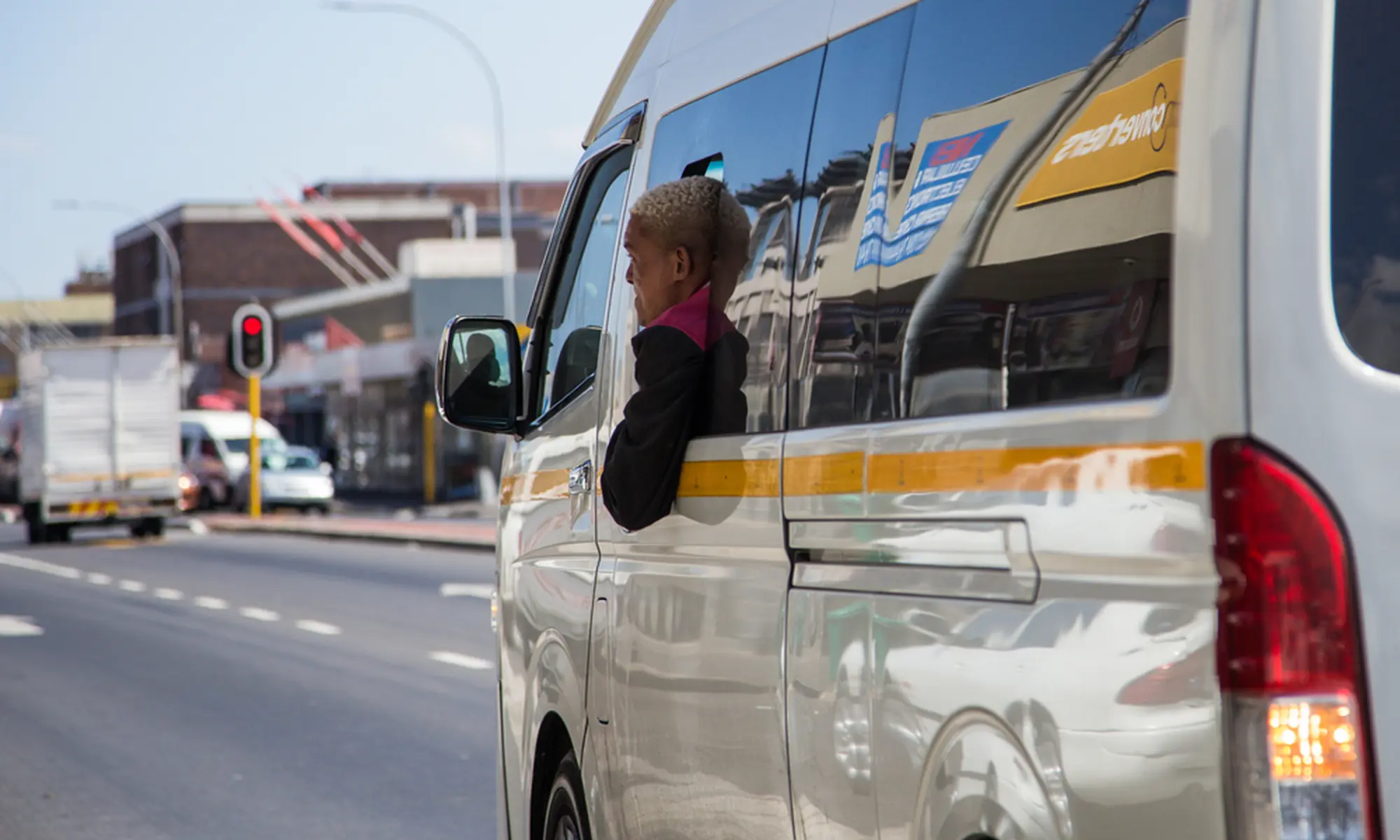Mentoring young people to help them make better financial decisions
Honesty in Earning , Responsibility in Spending , Self Control in SavingIt was tough growing up in the community of Pienaar in Mpumalanga – the area is notoriously known for its high levels of gangsterism, prostitution and drug addiction – but this did not drive Comfort Ndhlovu away. He decided to stay on, raise his family there and work as a community leader helping destitute youth.
“When I was growing up, my neighbourhood was known as a violent area, with high levels of crime and people could be mugged in daylight. My father was strict with me from a young age to instil a sense of leadership within me.”
Comfort had his first experience of leadership in primary school when he was elected as class leader of 69 learners. His school arranged for students to attend leadership workshops so that they could learn to become role models to other learners. In Grade 12, he was elected as President of Lihawu Senior Secondary School and he felt a great sense of pride and duty leading a school of over 2000 learners.
“I learned to serve and to do better than other learners,” he says. “Sadly, I knew that my family could not afford to put me through university and I had to choose between joining the other boys in my neighbourhood to sit on street corners and get up to mischief or to find work and better my life.”
Having enjoyed his experience as a leader in his school, Comfort knew he wanted to be a teacher and mentor to young people. While attending Faith Mission church, he was introduced to Youth for Christ (YFC), a worldwide Christian outreach programme for young people, where he landed a job and began to build his dream of mentoring young people.
“I went for training in administration, project management, merchandising, HIV/AIDS testing and enjoyed working in diverse environments,” he says.
Today he works as the Director of YFC in Mpumalanga. He is also completing his degree in teaching and works as a Values and Money facilitator at Heartlines. He was part of a five-week series on SABC vernacular radio sharing his knowledge on values and money on Ligwalagwala FM in Setswana.
“Young people in my community know who I am but since being on radio, I’ve found there’s a new sense of respect, they are referring to me as their teacher or mentor,” he chuckles.
“The challenge that young people face in my community when it comes to finances is that many come from underprivileged homes and dysfunctional families. Many of their parents are living in debt or have issues with drug abuse. If their parents are absent they are raised by grandparents and uncles and aunts,” he says.
“Often these people are not a good influence because they put pressure on the young people to find money to help in the household and this pushes them into drug dealing. Young men take out loans from loan sharks to have money for day-to-day living. When they can’t afford to pay them back they are sucked into dealing in order to repay the money. For young women, they seek relationships with men who have money, trading their bodies for material goods such as mobile phones, clothes and expensive hairstyles, including wigs, from as young as sixteen years of age. Teenage pregnancy is a major issue, and they too fall into drug abuse and find themselves dropping out of school.”
Comfort believes young people in his community do not have good role models, instead they idolise gangsters because they have money.
“They see these thugs as gods, when they walk into a club everybody greets them and young people think that is cool. Some children come from good homes where their parents are teachers, nurses or policemen but they misuse money their parents give them and they become targets for drug dealers,” he adds.
Comfort cites living in debt and failure to budget as issues that callers to Ligwalagwala FM raised during his Values & Money segment.
“One of the guys asked me how they should stop spending money on airtime and data. People buy and buy and do not stick to their budget. They are in debt due to material things, not because they are buying houses but because they are buying cars and expensive clothing and seeing how many parties they can have,” he says.
“I advise listeners to exercise self-discipline and draw up a budget and try by all means to stick to it. People can go to Pick ‘n Pay to buy water but end up leave with chips and a full trolley of things they didn’t budget for. On pay day, there is a trend of people spending money on take-aways and alcohol. Young people can buy hot chips and a coke every day and can spend up to R300 a week. That money would have been better spent buying food to support their families.”
The solution, he believes, is creating a foundation for open dialogue with young people and giving them access to people who can be mentors and role-models and provide support and good advice.
“A young girl in Grade 8 once told me she felt like people who have money are neglecting them and only looking after their own interests. She felt like adults flaunt their success but don’t show them the ropes when it comes to making better life choices. Instead, all we do as adults is complain about everything young people are doing wrong,” he adds.
Comfort says his number one Heartlines money value is self-control in saving, which he finds to be a challenge to live by at times.
“Sometimes a young person will come to me and tell me they don’t have bread at home and I know their situation because I’ve seen where they live. I battle to decide if I should give them the money or save it. And, if you do give them money, they return wanting you to help them again,” he says.
Featured






